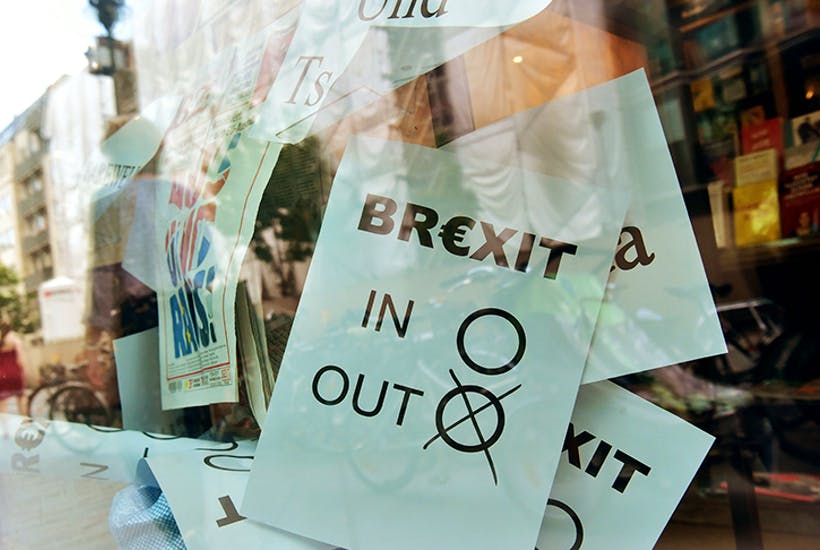Unemployment is at record lows. Wages are rising at the fastest rate in a decade. The gender gap is evaporating, creating a more equal society. Which country is that?
France, perhaps, as it benefits from president Macron’s reforms? Or Germany, as it reaps all the benefits of the Single Market and the single currency?
Well, not quite. In fact, it is Britain. Despite Brexit, to use the obligatory two words that now have to be firmly placed in front of any positive news about the economy, the UK continues to evolve into one of the best places in the world to be an employee right now.
And although most of the mainstream economics profession remains in denial about it, it is increasingly evident that leaving the EU, even though it hasn’t quite happened yet, is having a positive impact.
The Office for National Statistics today released data that paints, despite all the political turmoil, a robust picture of the British economy. The overall rate of unemployment remained at 3.8 per cent, the lowest rate since 1974. The female employment rate hit 72 per cent, the joint-highest figure on record. Wages are growing at a robust 3.6 per cent, the fastest rate in eleven years – and well ahead of the increase in prices.
Sure, wages are growing in the rest of Europe as well, but more slowly. The latest Eurostat data showed earnings up by 2.5 per cent in the first quarter for the euro-zone as whole, a whole percentage point lower than the UK (even Germany was only on 2.8 per cent, well behind the UK). Extrapolate that over ten years, and British workers will be some of the best paid anywhere on the continent.
There are two important points about that. The first and most obvious is that the predictions of disaster if we left the EU are turning increasingly ridiculous with every month that passes. There are some job losses, as factories relocate, but it is clear that even as a few jobs are destroyed, new and better-paid ones are being created. Otherwise, employment and wages simply couldn’t be rising at the rate they are.
True, we haven’t actually left yet, and we will still have to see what happens in October if we crash out without a deal. But it is clear that the prospect of leaving has not done any damage, despite predictions otherwise.
The second is that rising wages may not simply be ‘Despite Brexit’, but increasingly ‘Because of Brexit’ as well. Why? There haven’t been any changes to freedom of movement yet but the number of immigrants, especially from eastern Europe, has started to slow down and many employers have started looking around for different types of staff.
There are some clues in the stats. For example, more than half the increase in employment in the last year was recorded among workers aged from 50 to 64. The explanation? If you can’t find a twenty-something Hungarian, you’ll hire an older British worker instead.
Likewise, the fastest wage growth has been recorded in sectors such as construction and hospitality, which, as anyone should have noticed, are also the sectors that were most dominated by east European workers. In fact, squeezing the supply of low-cost immigrant labour has started to push up wages, which is exactly what the supply and demand curves would predict.
There is nothing wrong with that. It might make it harder for property developers or restaurant chains to make money – and the Bank of England might eventually start to worry about the rate of wage growth. But higher pay feeds quickly into higher spending and more demand, which creates more jobs, and allows wages to rise even higher.
It is hardly a catastrophe. The British economy faces plenty of challenges. But it should surely be evident by now that leaving the EU is not likely to be one of them. There will be some costs, but there will also be lots of benefits – and we are already starting to see them come through.






Comments